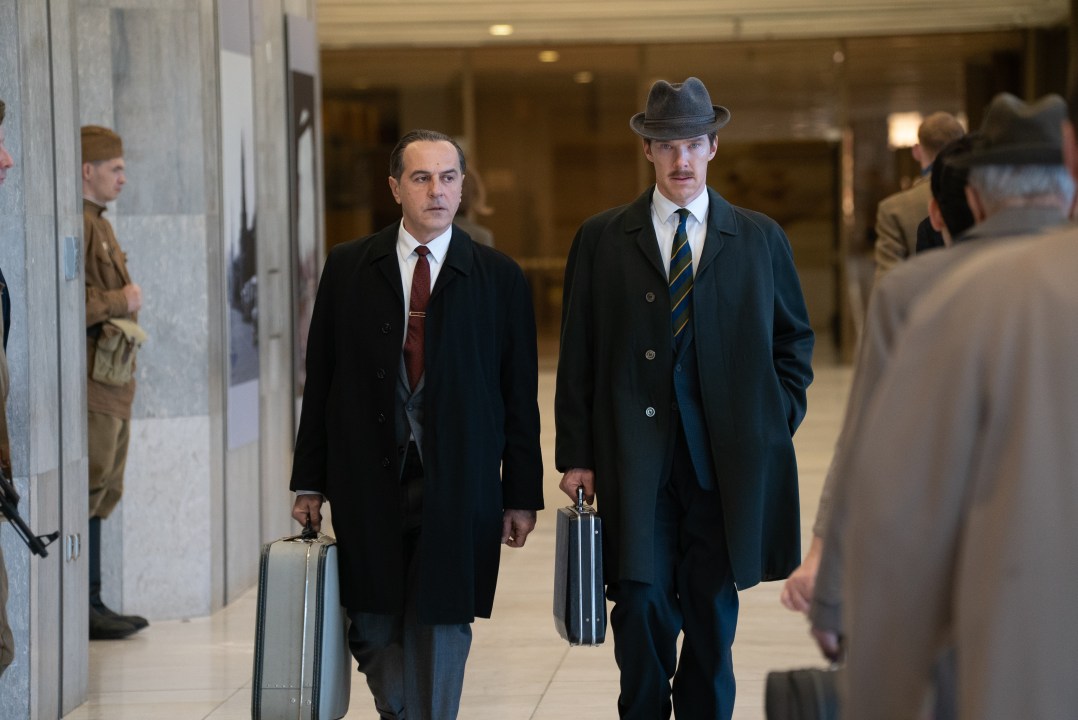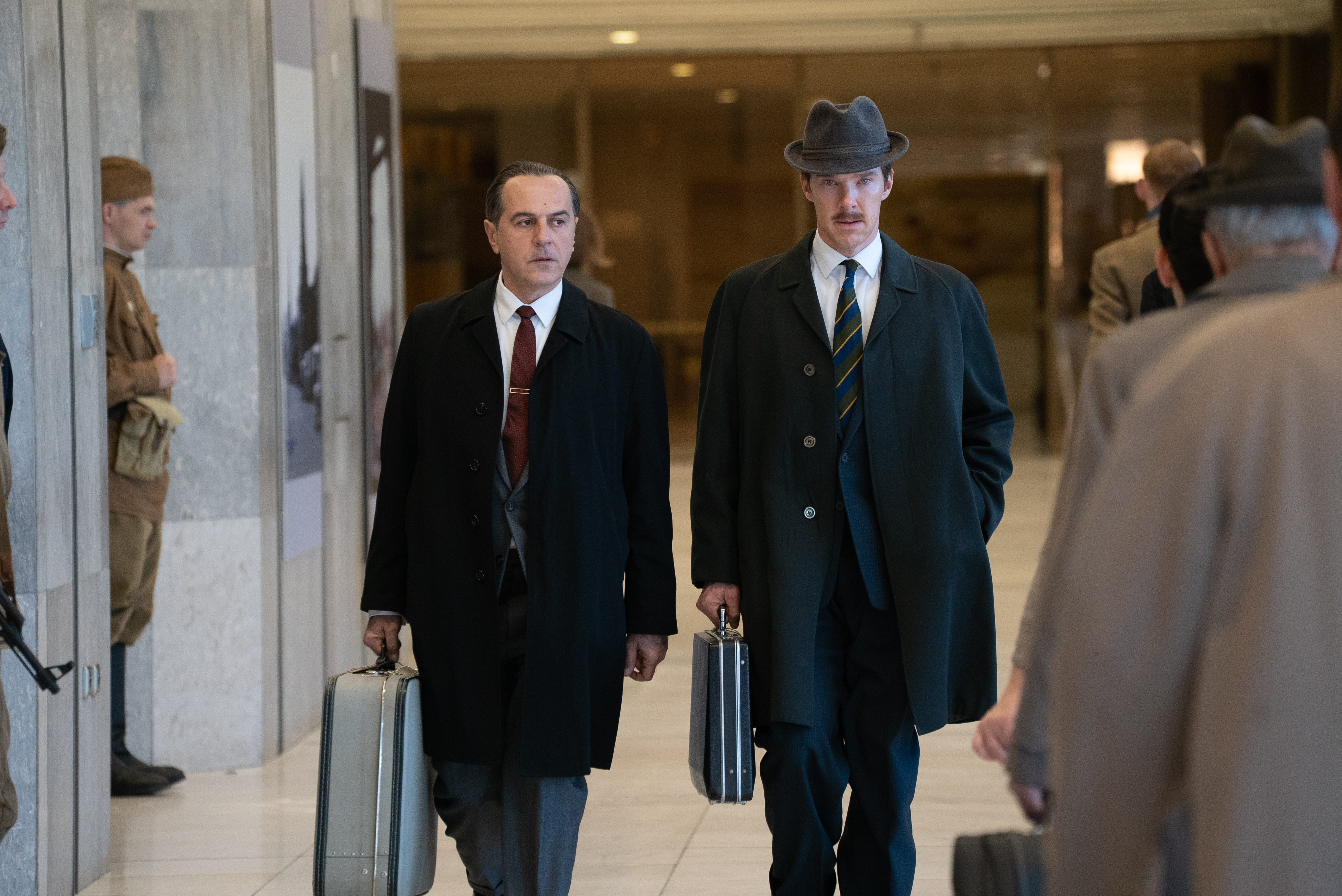I am on a mission to befriend my new next-door neighbour. This is the sort of neighbour who has not one, but two, ‘DO NOT PARK HERE’ signs outside his house – both significantly bigger and shinier than his house number. He is the kind of neighbour that refuses to take parcels for me when I am out. When I asked him once what he did for a job, he muttered ‘Work’ and shut the door. The closest I have come to having a conversation with him was when he accused me of dislodging another neighbour’s gutter when pruning an overgrown tree. Even that was via text to the guy with the gutter I was just about to reposition. But I’m not giving up. I figure a friend may be just what he needs.
And I need a friend too. I don’t even mind the sort with limited social skills. Since the first lockdown I have changed job and moved house to a new town and friendships are suddenly in short supply. Social distancing in my case has become less about how many metres away someone is standing, but how many miles away they are living. It’s about how many invitations I am not getting, how many days go by without contact with anyone beyond my wife and children, and the seeming chasm between neighbours.
Perhaps I wouldn’t have noticed this a few years ago but my values and priorities have changed since Covid. Life does not revolve around work deadlines any longer. The office doesn’t provide me with a daily fix of company. I want and need friends more than ever before in my life, but like for so many of us, my friendship muscle, along with all the other muscles in my body, seems to have atrophied.
A recent YouGov poll found that 18 per cent of men did not have a close friend and 32 per cent had no one they counted as a best friend
I am not alone. A recent YouGov poll found that 18 per cent of men did not have a close friend and 32 per cent had no one they counted as a best friend. Even worse, 8 per cent of all Brits claimed they had no friends at all. This growing trend of extreme isolation and loneliness has surely been compounded by the pandemic. I don’t have to look far beyond my own life and that of my recently graduated sons to see the impact and the fact that it’s harder than you think to bounce back to normality.
I found some strange comfort this week as I watched The Courier, a brand-new film starring Benedict Cumberbatch. It is the Cuban Missile Crisis of 1962 and the planet is united in fear, and divided in loyalties. Greville Wynne is an English businessman with a troubled marriage, few friends and no experience or appetite for espionage. As the world sits on the precipice of global nuclear apocalypse, Wynne reluctantly begins couriering documents for the CIA and MI6 to his counterpart Oleg Penkovsky, a senior Soviet apparatchik who is fearful of Khrushchev’s warmongering. What begins as two suspicious neighbours on very different sides of the Iron-Curtain fence ends up as a powerful friendship that ultimately changes history.
I used to hope that the global pandemic would recreate the blitz spirit of neighbourliness and friendship our ancestors described in the Second World War as the nation experienced a common enemy. And for a while it seemed like it really didn’t matter if you were a medical professional or a delivery driver, an extraordinary Centenarian or an ordinary schoolchild struggling with online learning – old and young, rich and poor, black and white, we would clap and chat together on our doorsteps and help make our Kingdom United again. But as Covid waves have crashed down on us, I have been disappointed. There has been even more polarisation in our politics, in our approach to race, immigration, mask-wearing and even vaccinations. And these divisions, it turns out, are not conducive to friendship.
But according to Dominic Cooke, the director of The Courier, this crisis in friendship is not beyond resolution: ‘I really believe that people have far more in common than what separates us. People’s political differences are not necessarily block to friendship…. I think sometimes our desire to simplify everything into neat categories gets in the way of us listening to people’s individual stories and for me especially as an artist but generally as a person, I think it’s incredibly important to listen.’
Cooke is masterful in telling Greville Wynn’s story. He shows through this courier’s life both the destructive effects of isolation and the world-changing potential of genuine friendship. He portrays how powerful long-lasting friendships can be forged despite cultural, language and political boundaries, despite suspicions and prejudices, despite threat and danger. ‘Greville,’ says Oleg one day as he sits in his friend’s modest kitchen fully aware of his President’s intention to install nuclear missiles in Cuba that could wipe out half the world, ‘…we are only two people. But this is how things change.’
I thought of that movie scene this week when I sat sipping a coffee with a refugee who had just arrived on an evacuation plane from Afghanistan. We are only two people. We have very different life stories, very different beliefs and very different plans for our weekend. Yet as we spoke together we discovered so many things we had in common – we both have six children, enjoy cricket and are addicted to social media. We both want to make the world a better place. I wonder if one day I can call him a friend.
All around us we see and experience that life is impoverished without meaningful attachments. What we need, according to Cooke, is to listen to one another’s stories, to connect with people on opposite sides of fences, to work shoulder-to-shoulder for the greater good.
So I will continue on my mission to befriend my new next-door neighbour. I won’t park outside his house, expect him to take in my parcels or ask him about work. But I have to believe we will eventually find something we have in common – something that will turn the fences into friendship.
The Courier is in cinemas now: thecourier.movie







Comments